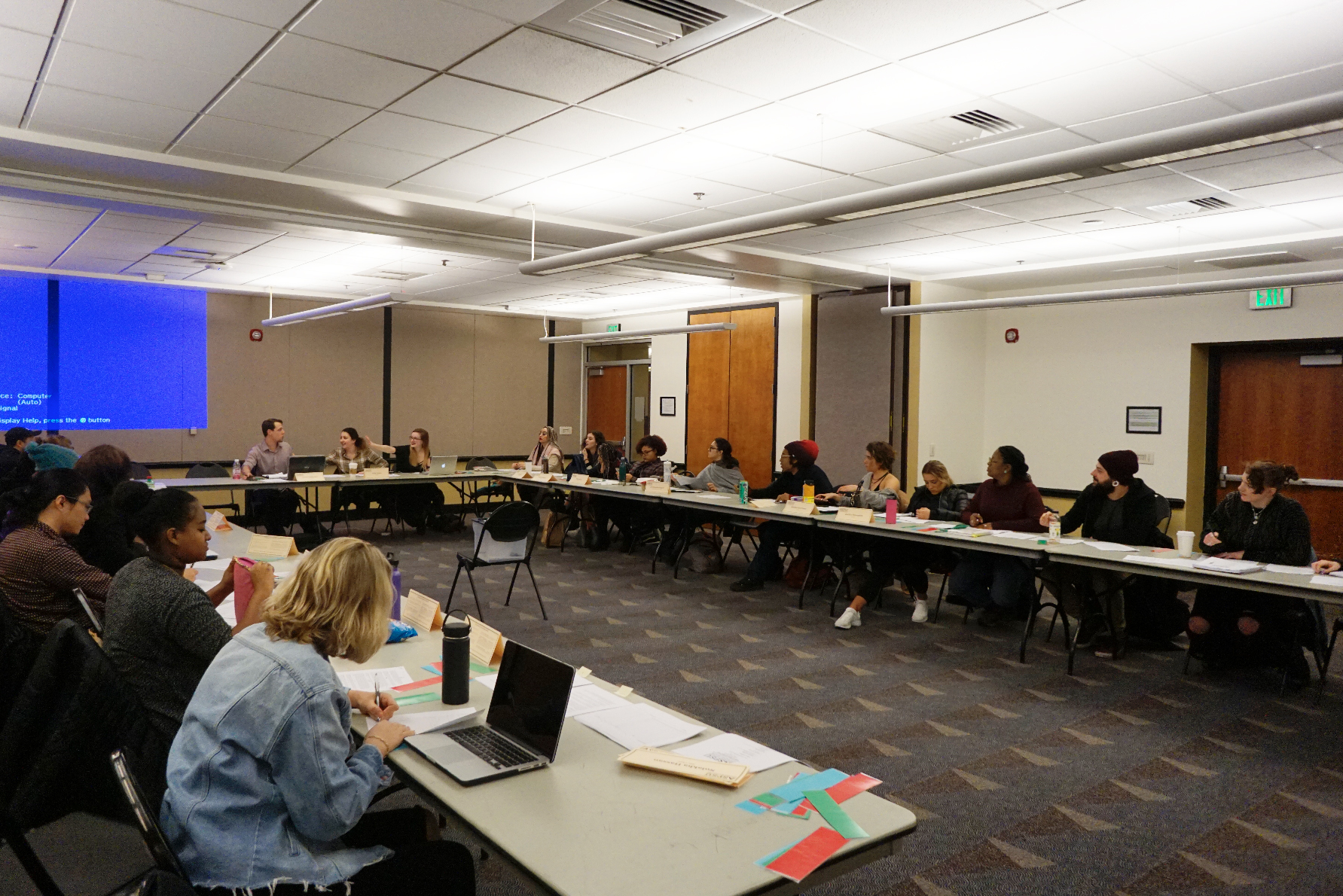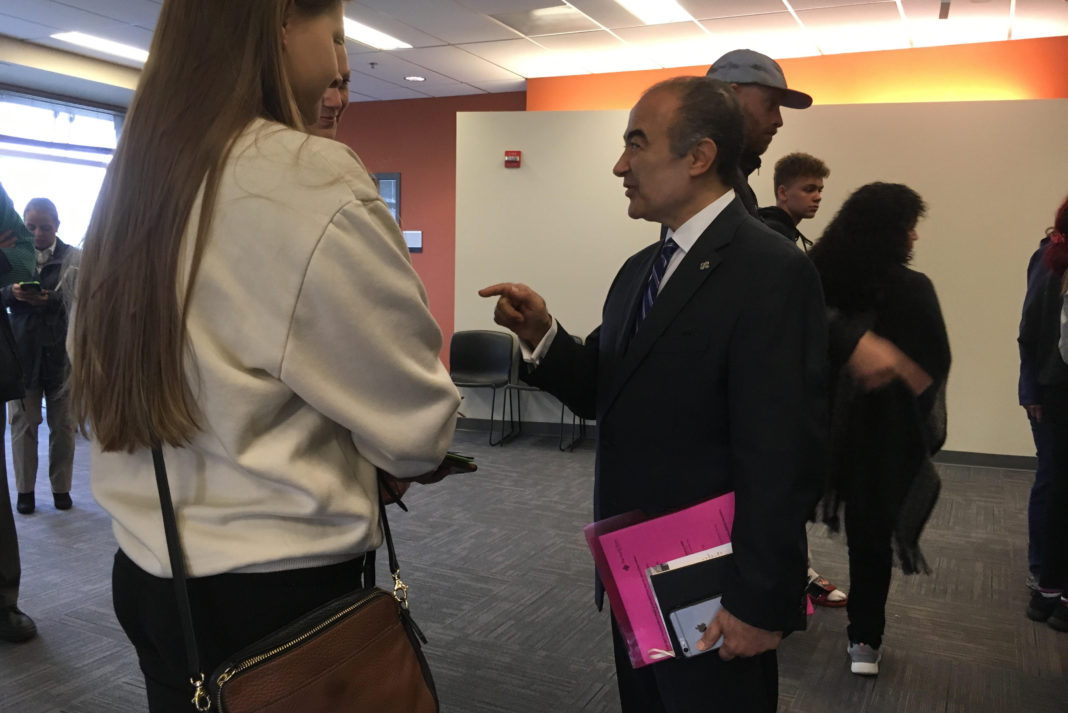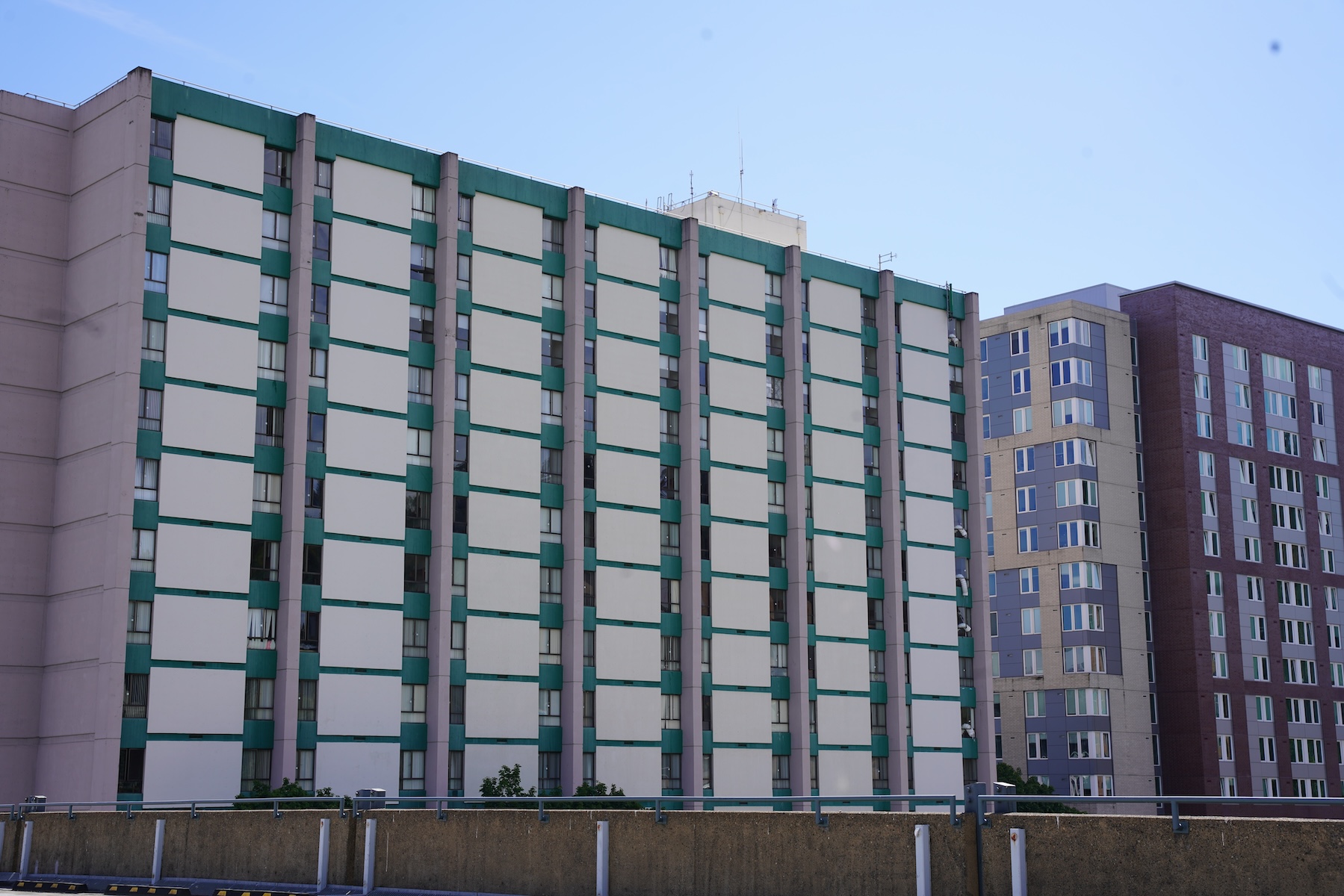In early December, Portland State secured a $15.6 million federal grant for transportation research, education, and outreach by the U.S. Department of Transportation, which is to be administered by PSU’s Transportation Research and Education Center over five years. TREC has brought $48 million to PSU over the last 10 years through a single federal program.
The grant will support TREC’s National Institute for Transportation and Communities, a program that focuses on increasing access to opportunity, improving multi-modal planning and shared infrastructures, advancing research on smart cities and developing data, models and tools.
The NITC is a PSU-led partnership with University of Oregon, Oregon Tech, University of Utah, and more recently, University of Arizona and University of Texas at Arlington. The NITC program is one of five in the nation.
According to a press release issued by TREC, there are currently 11 projects slated for funding in the first year. These include:
–A smart platform for connected vehicle infrastructure and signal control
–A multidisciplinary look at how the concept of walkability has left out disadvantaged neighborhoods and how to address those gaps
–Two innovative efforts to help transit connect people with jobs and opportunities
–An examination of the economic and business effects of converting infrastructure for non-motorized transportation
–A study to inform proactive traffic management during major disruptive events
“This grant recognizes that [PSU] research has shifted the national conversation around transportation,” said PSU President Wim Wiewel in a press release. “It used to center on moving as many cars as quickly as possible. Now we ask how transportation can give people access to opportunities and best serve our communities.”
TREC will partner with local agencies, including the Portland Bureau of Transportation, Metro, TriMet and the Oregon Department of Transportation, to ensure the research is put to good use.
“Locally, our researchers have had a hand in evaluating the green bike boxes at intersections and the separated bike lanes on Broadway,” said Justin Carinci, communications director at TREC. “We’ve helped transit buses stay on schedule and serve people more reliably,”
TREC has also trained transportation professionals from across the United States how to improve bicycling in their communities.
Dr. Kelly Clifton, professor for Maseeh College of Engineering and Computer Science, has had many research projects supported by NITC since arriving at PSU in 2010.
Clifton’s team has received funding for projects such as researching pedestrian behaviors, developing modeling tools to estimate pedestrian demand, and working to improve the way people assess the multimodal transportation impacts caused by new city development.
“This grant allows me to involve and fund graduate students and undergraduate students in my projects, which enhances both my projects and their learning experience at PSU,” Clifton said. “Currently, I’m researching how residents of Portland consider their transportation options when looking for apartments. With the new grant, I hope to continue this work and have the ability to engage students in my research projects.”
The grant will also support students through its scholars program, which recognizes outstanding students working on transportation projects.
“The grant has many benefits for students,” said Dr. Chris Monsere, department chair and associate professor of Civil and Environmental Engineering. “First, all of the research grants include support for students through GRAs (stipend and tuition remissions) and hourly work. We’ve also employed a number of undergraduate research assistants on our projects in the past and will continue to do so.”
Students involved in Students in Transportation Engineering and Planning will also receive support from the grant, and many will get the opportunity to travel in order to present and observe transportation research.
“In our most recent reporting period, ending Oct. 30, [TREC] funded 11 undergraduate researchers and 54 graduate researchers and gave out 27 scholarships to students to study transportation,” Carinci said. “We support 189 student transportation group members, including the Students in Transportation Engineering and Planning group at PSU. We placed students in 18 transportation internships.”
With the help of this grant and future opportunities like it, PSU can remain on the national forefront of transportation innovation, research and education.






